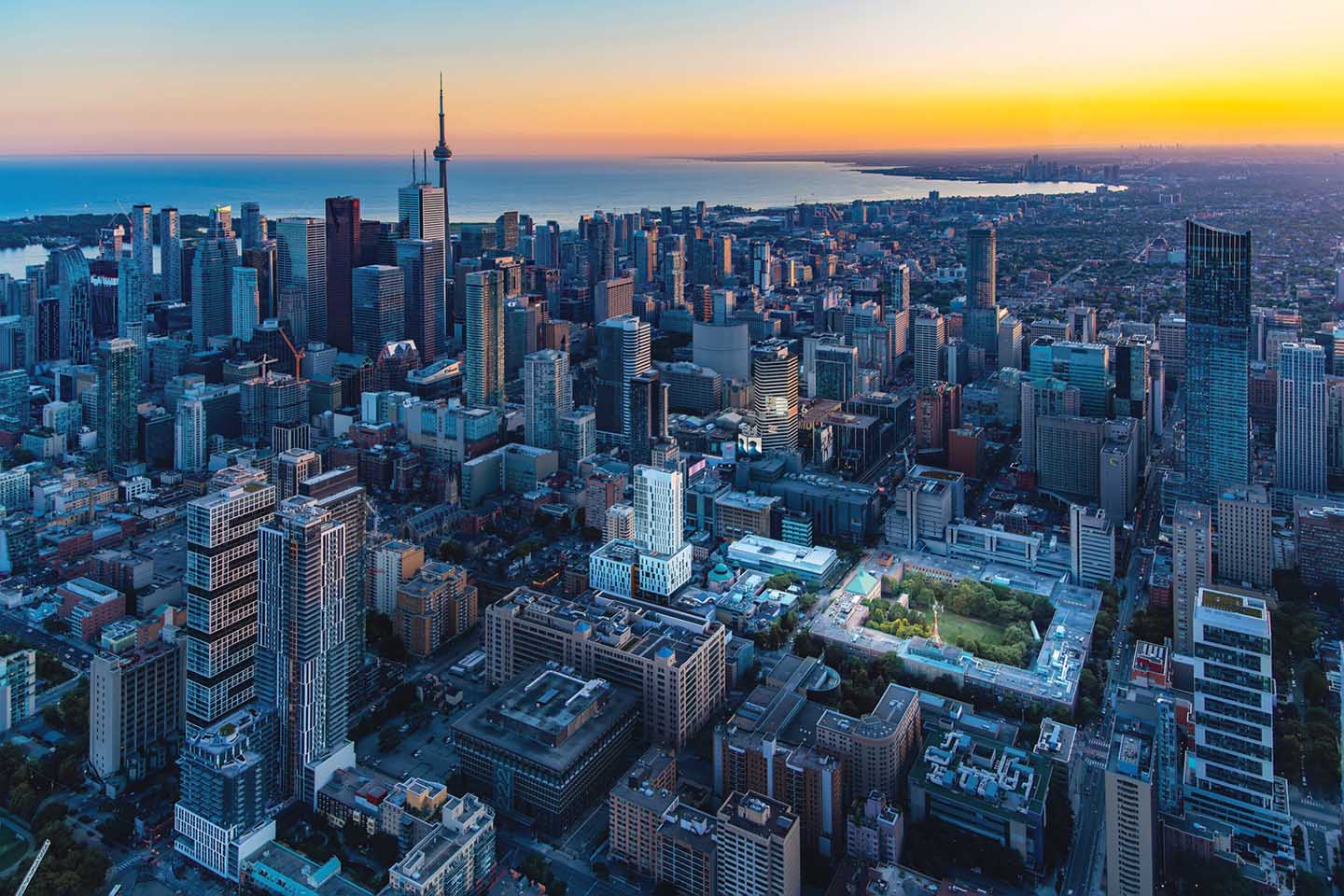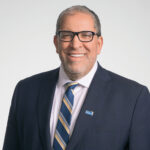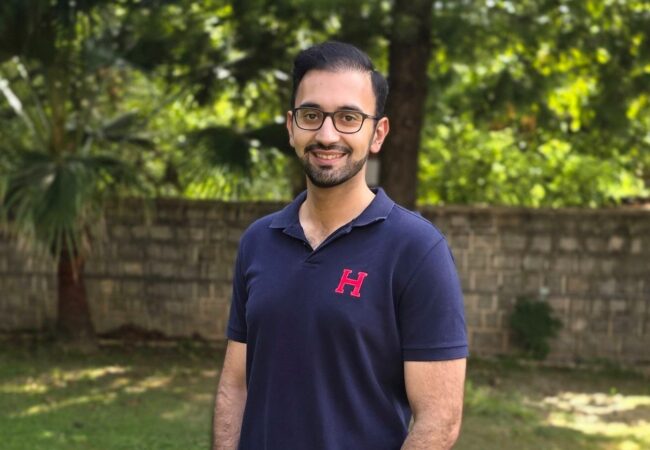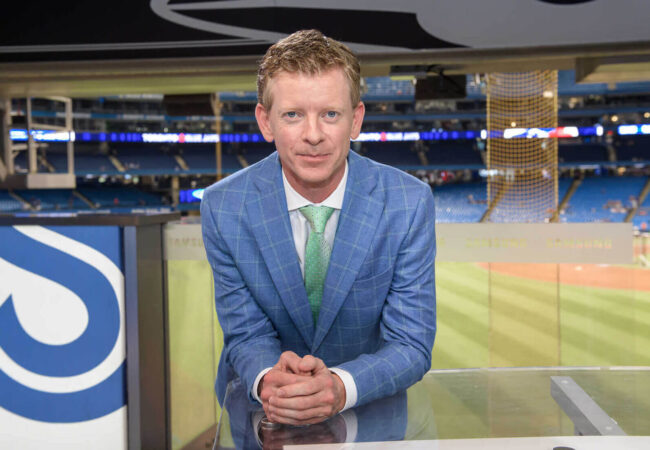In an age when misinformation and disinformation are on the rise at alarming levels, universities have an especially important role to play.
This issue of Toronto Met University magazine includes a look at how the digital age has fostered a level of misinformation that has stretched deeper and wider than was possible before the internet, making a dramatic and often disturbing impact on discourse in many areas of public interest.
From North America to Europe to Asia and beyond, it is a dangerous trend. When truth is the loser, the foundation of democracy is undermined.
As writer Dan Falk points out in his story, How to talk about science in a polarized world, “Without a shared notion of what’s true, a shared reality, democracies themselves are at risk.”
With experienced and trained researchers and scholars, universities are well positioned to make a contribution to not only analyzing how information is used and abused, but also in serving as reliable sources of evidence-based information.
TMU’s New School of Public Policy and Democratic Innovation
TMU has made a commitment to identify ways of increasing the university’s capacity to shape public policy dialogue and inform policymaking.
This past September saw the launch of a new School of Public Policy and Democratic Innovation at TMU, which will mobilize research from across disciplines to confront pressing issues through policy research, analysis and advocacy.
The Jarislowsky Democracy Chair, made possible by a $2-million gift from the Jarislowsky Foundation and matched by the university, is bringing leadership and public profile to issues around democracy.
The TMU Democracy Forum, led by Toronto Star political columnist Martin Regg Cohn, is a high-profile speaker series that engages Canadian politicians and political leaders in dialogue about critical and current issues.
The Forum has welcomed Prime Minister Justin Trudeau, NDP leader Jagmeet Singh, Ontario Premier Doug Ford, Toronto Mayor Olivia Chow and numerous other leaders.
International Issues Discussion series
Similarly, the long-running International Issues Discussion series led by history professor Arne Kislenko and his student committee offers frequent forums on critical issues in international relations.
Meanwhile, influential centres such as the Yellowhead Institute and the Dias continue to contribute to public policy dialogue and implementation.
Ultimately, democracy is best served when ideas based on the best possible information foster civil debate and dialogue. Then let the people decide.






